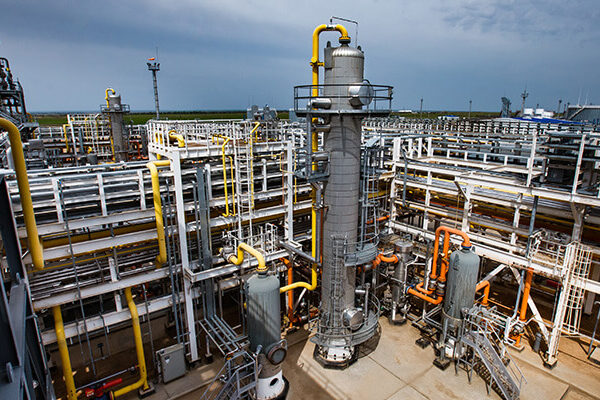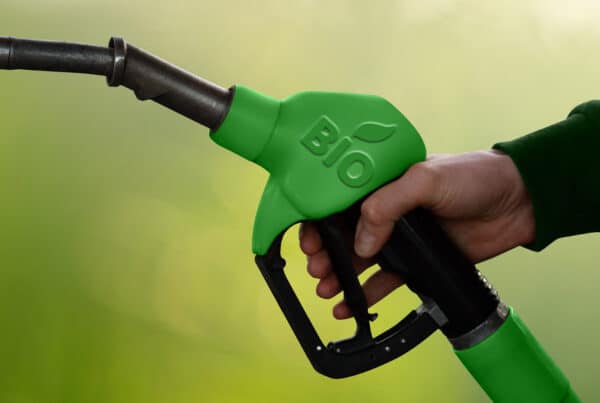There are two inevitable challenges the world will face over the next hundred years, pollution and feeding a growing population. What if there was an organic fertilizer that could address both issues?
Fertilizer increases the number of nutrients in the soil to make it more fertile. Better soil leads to greater yields. It is easy to see a connection between organic fertilizer and feeding a growing population, but what about minimizing CO2?
To answer this question, you will have to understand a little bit about current chemical fertilizers and a process called pyrolysis.
Dangers of Chemical Fertilizers
Chemical fertilizers are effective in promoting plant growth. That’s why so many people use them. Chemical fertilizers come from inorganic materials, which undergo chemical treatments. These formulas are tailored to their intended use and are cost-effective to produce.
For a backyard garden that you only plan to grow for a few seasons, using a chemical fertilizer is probably your best option. For large farms, using this type of fertilizer has some major downsides.
Ruins soil health
Chemical fertilizers break down and degrade soil health over time by drastically changing PH and nitrogen levels. Using it for more than a few seasons will destroy your land and force you to purchase expensive nutrients to add to the soil.
Pollutes drinking water
Chemicals found in commercial fertilizers can be washed into rivers or other water sources after heavy rains and can also leach into groundwater making it unsafe to drink. Organic fertilizer does not have this issue.
Kills aquatic life
When chemical fertilizer enters a water source, it causes plankton and other aquatic plants to grow excessively. When these plants die, the process of decomposition eats up oxygen that fish and other animals need to survive. It also produces a high about of carbon dioxide. These negative impacts make it easy to see why an alternative fertilizer is necessary.
An Alternative Organic Fertilizer
To avoid the negative impacts of chemical fertilizers, many farmers opt to use organic fertilizers. While they are more expensive upfront, the long-term benefits are clear.
SJE markets an organic fertilizer called biochar.
What is Biochar?
Biochar is charcoal that is produced through pyrolysis, the extreme heating of biomass without oxygen. This process traps carbon and prevents it from breaking down and releasing CO2 into the atmosphere.
Biochar offers an outstanding alternative to commercial fertilizers that leach pollutants into the ground and nearby water sources. When used as a fertilizer, biochar promotes plant growth, instead of causing water and soil pollution. It also captures and retains water better than other commercial fertilizers.
With biochar, groundwater gets much cleaner over time, and more nutrients remain in the soil, which in turn creates, at minimum, a 15% increase in growth yield.
Benefits of BioChar
Biochar, when used with added nutrients, creates lifelong benefits including:
- Reduced nitrogen runoff
- Better water retention
- Improved soil fertility
- Moderation of soil acidity
- Increased number of beneficial soil microbes
Finally, one of the most important benefits is that biochar greatly reduces CO2 emissions by capturing and trapping carbon, so it does not impact the atmosphere.
Make Your Selection
There are multiple organic fertilizers on the market, each with different compositions of biomass. What’s best for one plot of land may not have the same benefits elsewhere. We’ll work with you to create biochar using the best biomass for your specific application.
Contact SJE to discuss the purchasing of biochar organic fertilizer.



